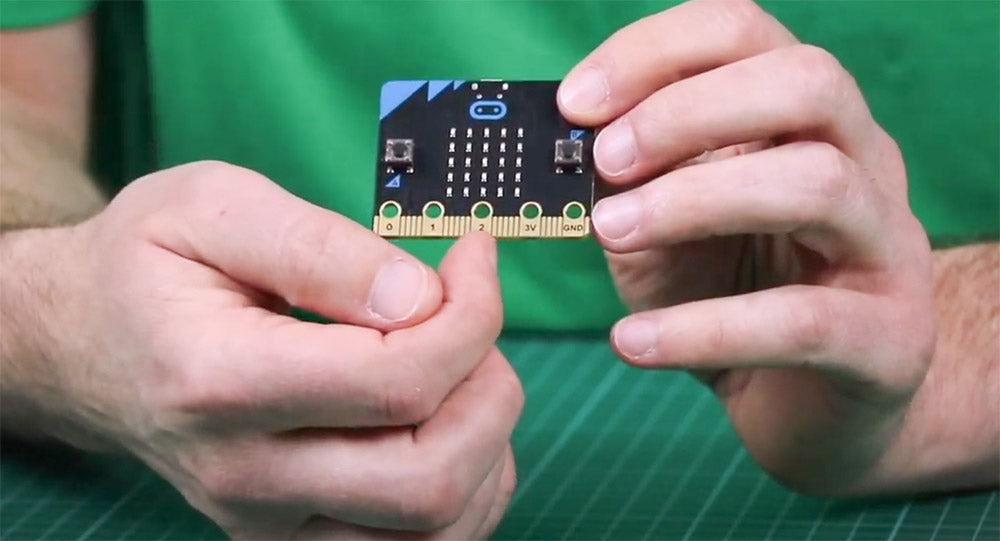 This Kitronik University resource is part of the BBC micro:bit partnership and explains what the BBC micro:bit is.
This Kitronik University resource is part of the BBC micro:bit partnership and explains what the BBC micro:bit is.

Watch the video below for an overview of the BBC micro:bit and a few example applications for use in a D&T environment.
Note:
This guide was originally written before the micro:bit was made commercially available. The information contained, while still accurate, is mainly of historical value. More up to date information can be found here. See also the links at the end of the article.
What is the BBC micro:bit?
The BBC micro:bit is a pocket-sized computer that you can code, customise and also control. Simply switch it on and programme it. Make your very own BBC micro:bit ideas, games and also apps come to life. The BBC microbit project builds on the legacy of the BBC Micro. The BBC micro was put into the majority of schools in the 1980s and was instrumental in the careers of so many of today’s technology pioneers.
The micro:bit, and the BBC Make it Digital initiative, aims to help turn us back from consumers to creators. This landmark education initiative will give up to 1 million BBC micro:bits to every UK child in year 7 this autumn. It is aimed as a starting point to get younger children interested in digital creativity so they can move on to other devices in future e.g. Arduino, Kano, Galileo, Raspberry Pi, and microcontrollers.
The device
The BBC micro:bit is a pocket-sized computer that you can code, customise and control to bring your digital ideas, games and apps to life. With 25 red LEDs to light up, simply switch it on, code it, light it up and tell it what you want it to do. Create anything from games, animations and scrolling stories – all you need is imagination and creativity. Other features include a built-in compass, motion detector, BLE and rings to connect sensors, so you can plug the BBC micro:bit in to your life. Use it as a games controller, or count your footsteps each day. Measure temperature, moisture or control a motor. The easy to use software means you can code something simple in seconds.
You can tell your BBC micro:bit what to do by programming your commands from a PC, tablet or mobile. Connect your BBC microbit to other devices, sensors, kits and objects. Easily connect to other BBC micro:bits to send messages and share your creations or join forces to create multi-BBC micro:bit masterpieces. Wirelessly connect and interact with the world around you. Use BLE to connect to mobile phones, tablets and other gadgets. Or take a selfie, drive the music in your playlists, even pause a DVD. Easily measure the temperature or moisture around you.
Supporting the curriculum
The BBC and its partners recognised that a hands-on learning experience could help children grasp the new Computing curriculum in ways that other software and traditional classroom learning couldn’t. In particular, the BBC micro:bit can help learners develop an intuitive understanding of physical concepts in technology and computing, which helps develop complex thinking, analytical and problem-solving strategies.
Early feedback from teachers has shown that it encourages independent learning. It also gives pupils a strong sense of achievement. It and can inspire those who are not usually interested in computers to be creative with them. Inspirational broadcast content on CBBC and elsewhere, live BBC Learning lessons and other educational online content from the BBC and partners will help support teachers, parents and children to get the most out of the device.
The legacy
Giving away 1,000,000 BBC micro:bits to every child in the UK this autumn is just the beginning. The BBC micro:bit’s technical specifications will be open-sourced. This means that they can be used by others without restriction, stimulating the market for the BBC micro:bit ecosystem and entry-level coding devices and ensuring others can carry the legacy forward.
BBC microbits will be commercially available in the UK and internationally through various outlets in late 2015. Pre-orders will be available from August 2015. The revenue generated will enable the creation, and ongoing support, of a longer-term charitable legacy for the BBC micro:bit partnership.
Getting Up To Date:
A lot has happened since this article was written. The micro:bit has been commercially available for a number of years and is being used in schools around the globe. Children everywhere are learning the digital skills they will need as they make their way in the modern world. Kitronik has been there every step of the way. As one of the original 29 BBC partners, we have been creating micro:bit accessories and free learning/teaching resources since only prototypes were available.
There is now a wealth of information out there. There are videos, written tutorials, and more created by a wide range of people and organisations. The links below are your springboard to the accessories we have designed and the free resources we’ve produced.
- Find the right micro:bit option for you.
- Browse our ever-growing list of accessories, fun and educational.
- Visit the Kitronik University for an endless supply of free tutorials.
- Visit our YouTube channel for a ton of freely available information.
- Sign up to our Newsletter and get the latest micro:bit news as it happens.

